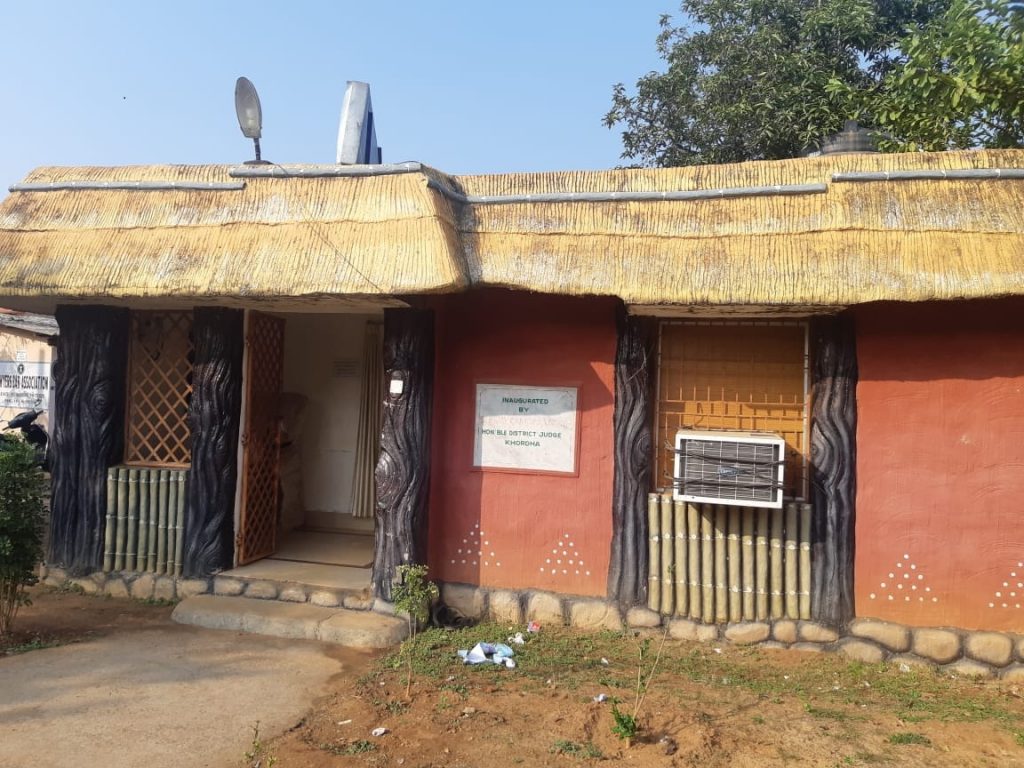Bhubaneswar: Even though Odisha is among a few other states to introduce the concept of Gram Nyayalayas, it has apparently failed to set up adequate village courts and maintain the infrastructure at existing ones.
In 1986, the Law Commission, in its 114th report, had proposed for setting up of Gram Nyayalayas (village courts) in a bid to provide cost-effective and speedy justice to people in rural areas at their doorsteps as envisaged under Article 39(A) of the Constitution of India. After more than 20 years, the Union government came up with the Gram Nyayalayas (GN) Act, 2008 which came into force October 2, 2009.
However, the governments both at the Centre and the state have shown little interest towards implementation of the Act.
The enactment which mentions about setting up of village courts at every panchayat in the states has still remained on paper.
Additionally, the states have even failed to open a few Gram Nyayalayas about which notifications were released long ago. In Odisha, there are only 16 village courts which have so far been operationalised as against the notified 22 GNs. However, the state government did not take any satisfactory step towards the infrastructure development of these courts. Many village courts in the state have been running from hired buildings without basic amenities.
Notably, the Orissa High Court, January 4, 2010, had proposed to the state Law department for establishment of 30 GNs in different districts.
Speaking to Orissa POST, Swastik Kumar Rath, an advocate at Khurda’s Tangi gram nyayalaya, said, “We have written to the authorities several times for washroom, lanterns, rest room and other facilities for the visitors, but to no avail. Similarly, the construction of a new building is yet to start despite the sanction of funds.”
The seals of the packets of new computers are yet to be opened since their purchase several months back reportedly due to lack of space.
According to the Act, the village courts should put their prime focus on resolving disputes through conciliation among the litigants rather than working like regular courts. But the irony is that the Odisha government is yet to appoint conciliators at these courts as instructed by the HC. Section 7 of Orissa Gram Nyayalayas Rules, 2009 clearly instructs the government to appoint conciliators who could be social activists, voluntary organisations and persons trained by the Orissa Legal Services Authority or the Orissa High Court.
The Nyayadhikaris at the village courts have been performing conciliation among the parties in the absence of such conciliators.
The Nyayadhikaris have been directed to organise special mobile courts in nearby villages. The mobile courts, however, have been failing to achieve the desired goals due to lack of specific set of rules.
According to a report – Access to Justice Project on Gram Nyayalayas– presented by a National Law University of Odisha (NLUO) team led by Assistant Professor Nahciketa Mittal in 2019, mobile courts were not being organised regularly. “Mobile courts and the proceedings were very formal in nature. A few of the litigants said the court takes years to solve a case,” the report, which was based on field inspections,
revealed.
Mittal, who is now the Dean (I/C) of Unitedworld School of Law, told Orissa POST, “Gram Nyayalaya was seen as a game changer. However, the Union and state governments have done precious little to establish and popularise gram nayaylayas in every panchayat.”
Gyan Ranjan Mohapatra, OP
